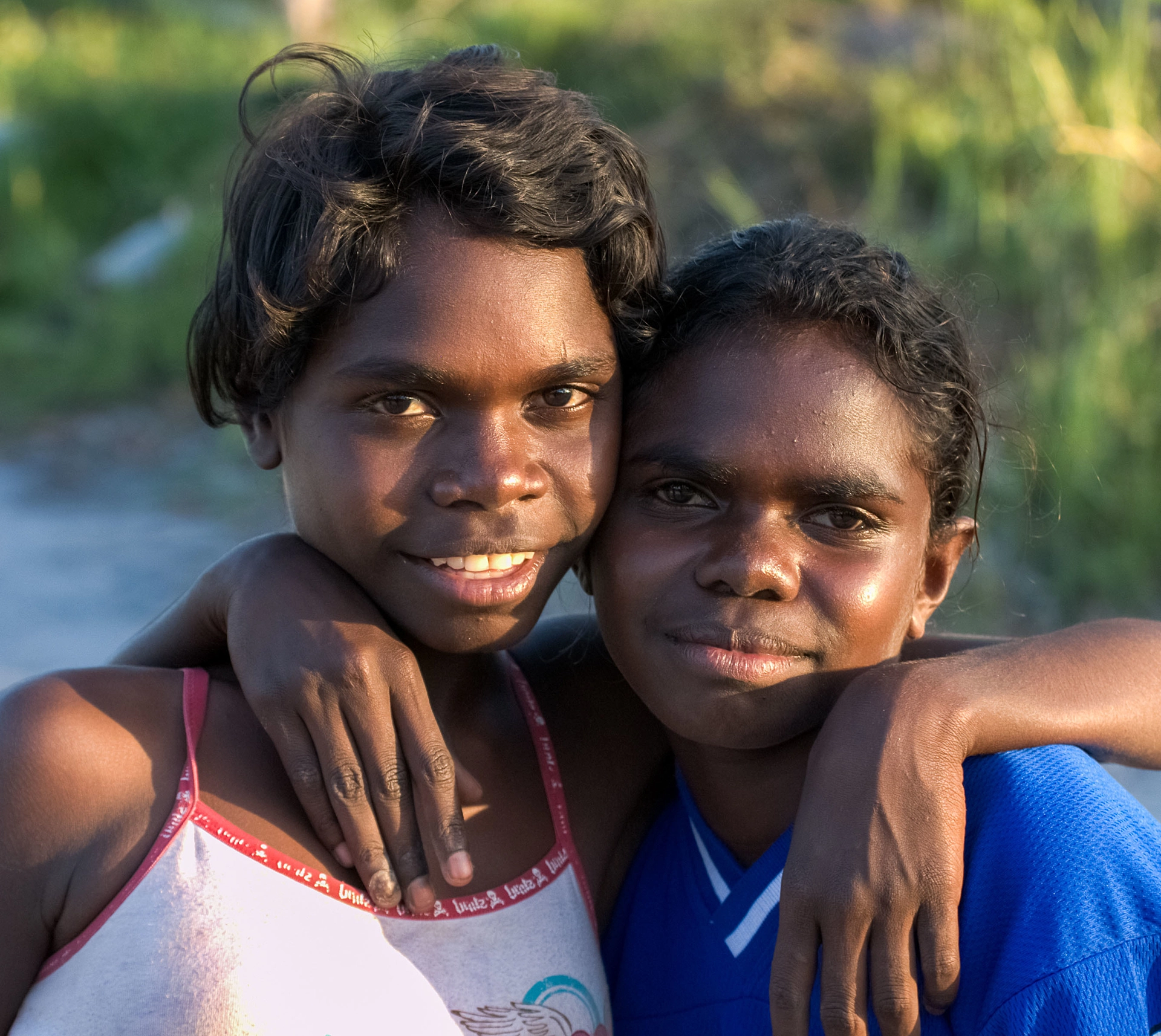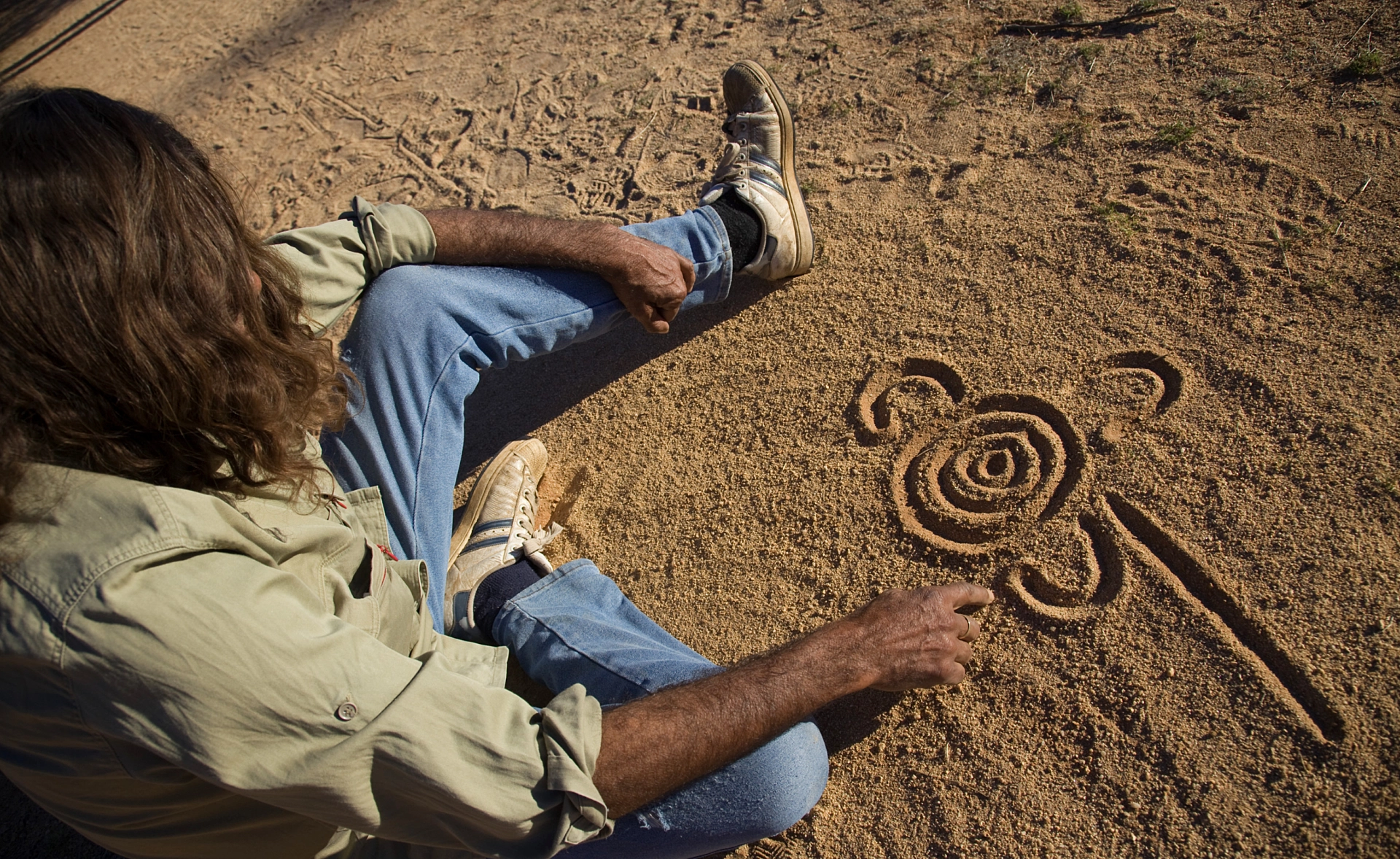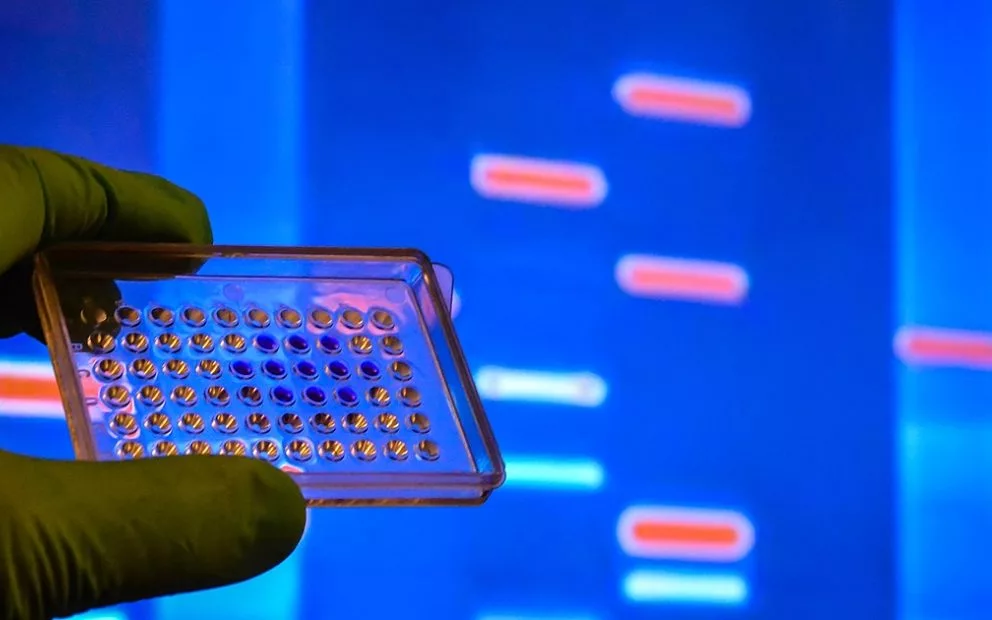A new national network will be established to advance the benefits from Genomic Medicine for Aboriginal and Torres Strait Islander people, after winning support under the Federal Government’s Medical Research Future Fund.
Professor Alex Brown, Head of Indigenous Genomics at Telethon Kids Institute, Australian National University and South Australian Medical and Research Institute will lead the five-year project, worth almost $5 million, funded under the 2021 Genomics Health Futures Mission.
He said this national network will advance the benefits of Genomic Medicine for Aboriginal and Torres Strait Islander patients, who have to date been excluded from national genomics efforts.
“Indigenous populations are not appropriately represented in genomic medicine, nor do they have equitable access to its benefits,” he said.
“Little attention has been paid to the steps required to ensure Indigenous Australians can and do benefit from all that genomics has to offer.”
The national network will consist of six strategically located nodes in Queensland, New South Wales, the ACT, Western Australia, Victoria and South Australia and will include the SAHMRI-based SA Genomics Centre (SAGC).
SAGC Scientific Director Professor David Lynn, a chief investigator on the MRFF grant, says this is another example of the burgeoning potential of genomics to advance medical research.
“We look forward to working as key part of the SA coordinating node and will support the network by providing access to critical genomics infrastructure,” he said.
“We will also support capacity building by providing scholarships to Indigenous researchers to undertake placements at the SAGC where they can develop their skills in genomics and bioinformatics.”
Genomics can unlock the information in our DNA to enable personalised, more targeted approaches to the prevention and treatment of a range of health conditions including cancer, diabetes and heart disease, as well as rare diseases among Indigenous children.
The five-year project represents a collaboration between researchers, genetic health services, Indigenous community-controlled health organisations and industry partners to rapidly progress the development of genomic research and resources that will lead to direct and tangible benefit for Aboriginal and Torres Strait Islander people across the nation.
Researchers from The Walter and Eliza Hall Institute for Medical Research, the Garvan Institute, Charles Perkins Centre at the University of Sydney, Victor Chang Cardiac Research institute, The University of New South Wales, QIMR Berghofer Medical Research Institute, Queensland University of Technology, CSIRO Health and Biosecurity Flagship, Queensland Health, Griffith University, Deakin University, The University of Adelaide, University of South Australia and the WA Department of Health have formed the network to support and empower Indigenous leadership in Genomic Medicine for the future.
The Indigenous Genomics Nodes will work in targeted areas to develop strong Indigenous governance, to create data systems that put sovereignty at the heart of their operations, to advance genomics policy and to build a workforce of Indigenous genomics researchers and clinicians.
Professor Brown said the national network aims to improve Indigenous engagement with genomics by building a culturally safe framework that respects the traditions and beliefs of Aboriginal people who seek to engage with genetic research and health care.
“Australia is on the cusp of a new era in personalised medicine that will bring deeper insights into the architecture of rare diseases among children and common diseases like heart disease, diabetes and cancer,” Professor Brown said.
“This network will establish the foundations on which Indigenous Australians can equitably benefit from the health promoting, preventative, diagnostic and curative potential of genomics.”





